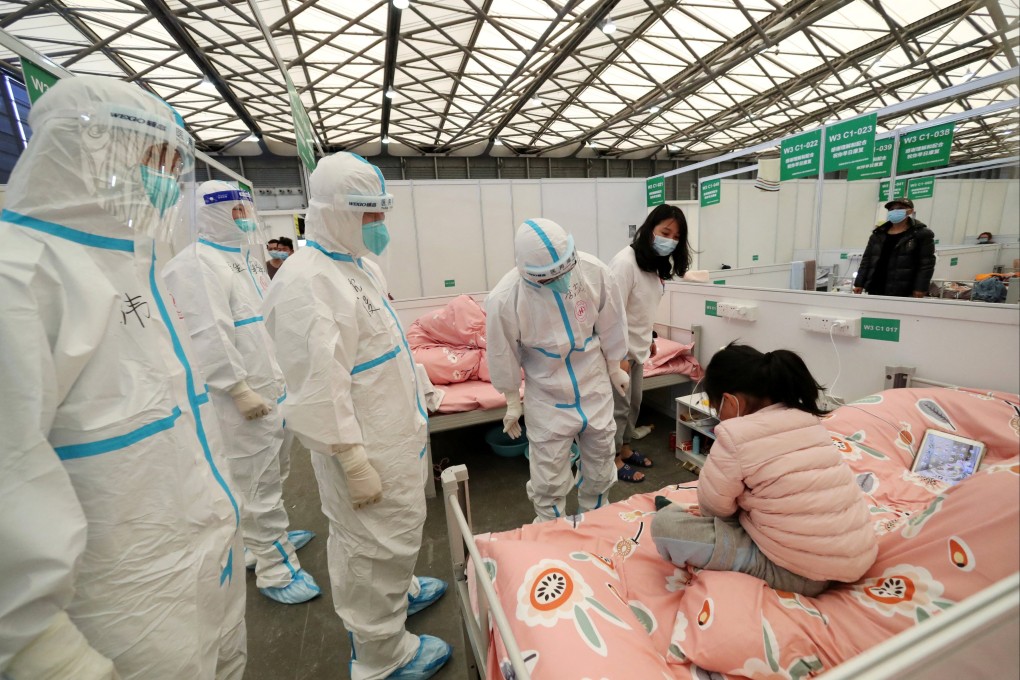No home isolation for mild Covid-19 cases, China’s chief epidemiologist says
- Even asymptomatic patients risk spreading the disease or becoming badly ill, Wu Zunyou says
- Dynamic zero tolerance remains the country’s best option, he says

“There remain risks if the so-called asymptomatic carriers are quarantined at home,” Wu Zunyou, chief epidemiologist at the Chinese Centre for Disease Control and Prevention, said on Tuesday, as he defended the policy to send all asymptomatic carriers to centralised quarantine facilities.
“There are two kinds of risks. First, they may further spread the disease [at home], and second, the person might have missed the best chance for treatment [if he shows symptoms later]. The person may become severely ill or face the risk of death,” Wu said, adding some asymptomatic people were actually pre-symptomatic.
But these facilities have run out of beds, with videos and social media posts showing people stranded for hours on buses on the way to quarantine.
Some Shanghai residents have questioned why home quarantine is not allowed for mild or asymptomatic carriers.
Defending the policy, Wu said that putting asymptomatic and mild cases together did not increase their risk of infection.
While in quarantine, asymptomatic patients could also be treated with traditional Chinese medicine to prevent them from becoming severe cases.
